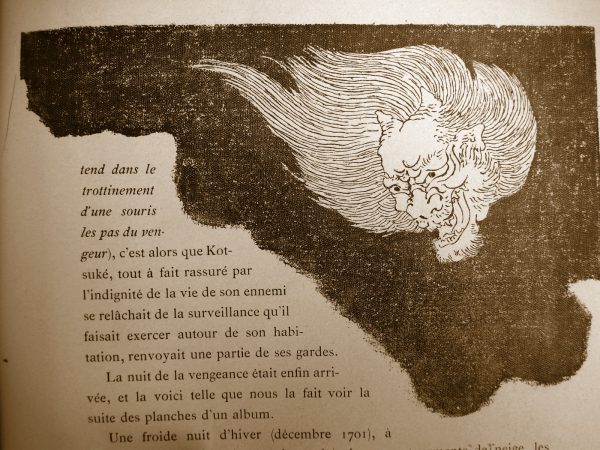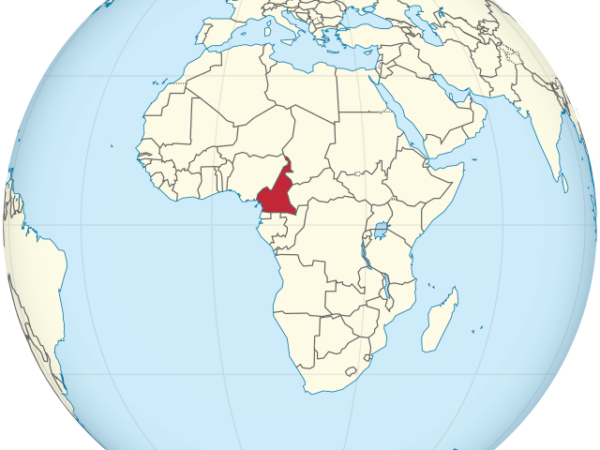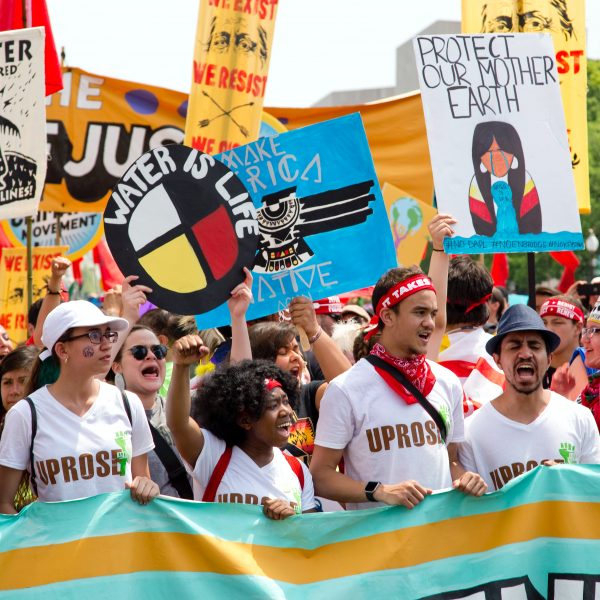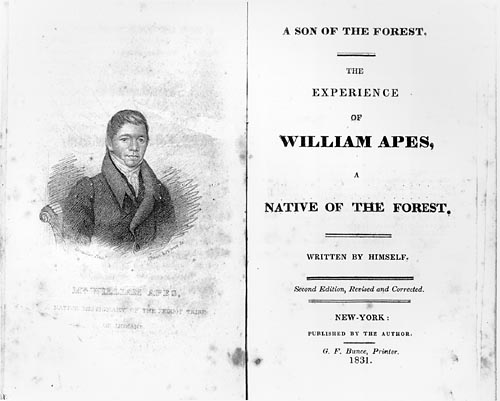
William Apess, like Walter Benjamin a century later, sought to shift the paradigms of society with history and theology as orienting poles for colonial critique. Anticipating Benjamin, Apess looked to those who had been wrecked by the advance of colonialism as the grounding site for historical and political theological inquiry.

People need structures to believe in, to focus their hopes and fears on – and when those structures disappear, the rupture can be disturbing, as those energies quickly get re-configured around something else.
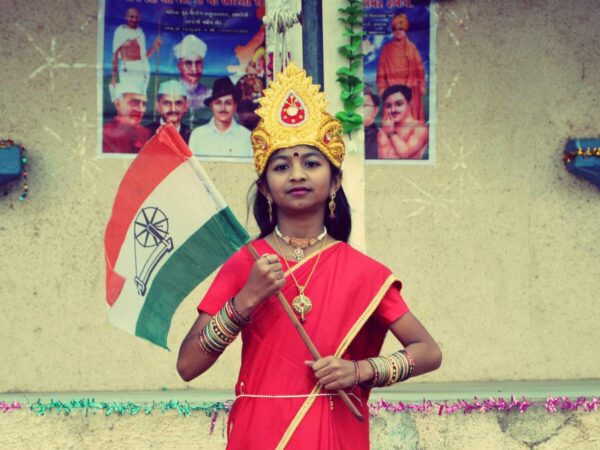
The Hindu nationalist project is out-and-out an Orientalist one. It is not indigenous. It is inspired almost entirely within a colonial, Orientalist framework of knowledge.
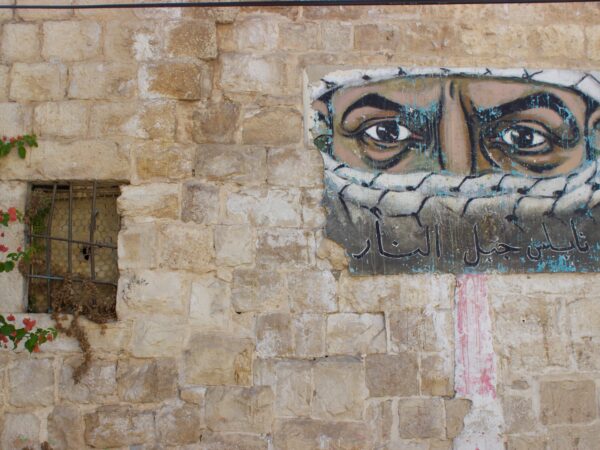
Mamdani’s latest book defends the promise of decolonization against the ongoing nationalist violence of modernity. Rafael Vizcaíno sits with the renowned Ugandan intellectual to discuss postcolonial and decolonial scholarship, the reform-revolution debate, anti-racism, and the example of South Africa.
